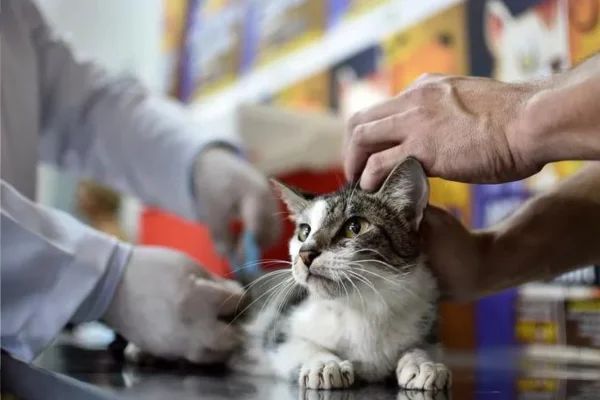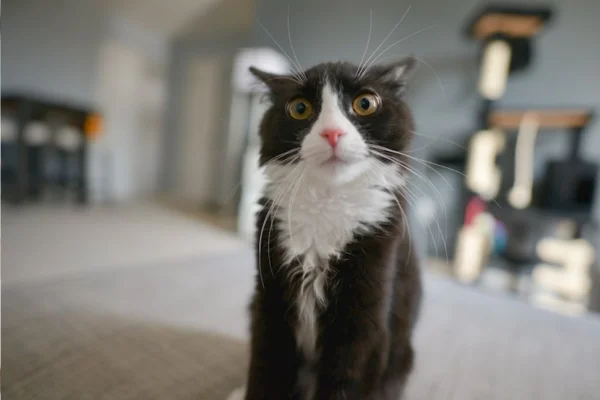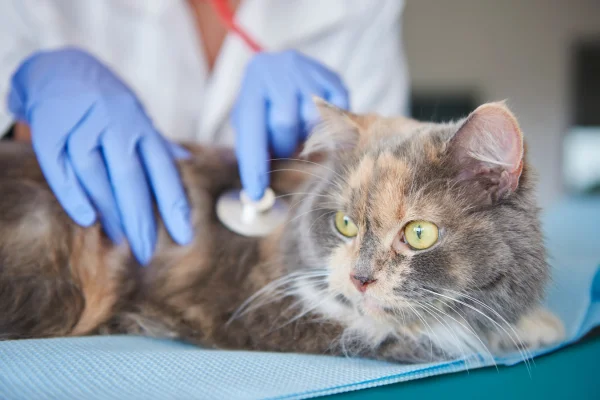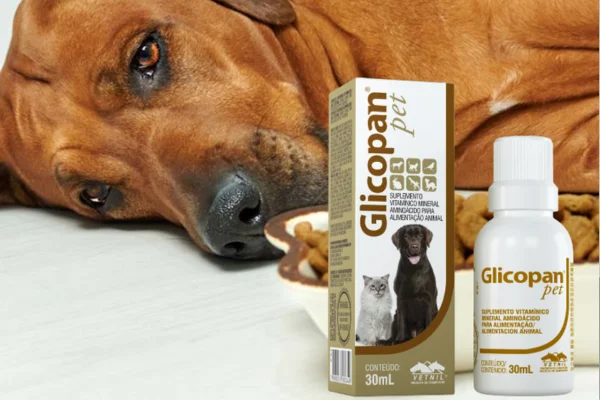Buscopan for Cats: Is it Safe to Administer?
The health of our felines is a constant priority for pet owners. When we see signs of pain or discomfort, doubts often arise about the use of common human medicines, such as Buscopan.
But the question many ask is: can Buscopan be given to cats? This article will explore the properties of Buscopan, its potential risks and the alternatives available for treating health problems in cats.
What is Buscopan?
Buscopan is a medicine whose active ingredient is scopolamine butylbromide, an antispasmodic known for relieving cramps and abdominal pain.
Contents
It works by relaxing the smooth muscles of the gastrointestinal and urinary tracts, reducing the involuntary contractions that can cause pain.
It is often prescribed for conditions such as intestinal cramps, gastritis and cystitis, due to its effectiveness in treating symptoms associated with gastrointestinal problems.
Understanding Cat Physiology
The physiology of cats is quite different from that of humans. The digestive system of felines is shorter and adapted to a carnivorous diet.
They have a gastrointestinal tract that processes proteins and fats more efficiently, but they are also more susceptible to certain toxins.
This makes the use of medications such as Buscopan necessary, potentially risky.
Cats have a different metabolism, which means they can react unexpectedly to drugs that are safe for other species.
Any medication should be administered under veterinary supervision to ensure the animal's safety.

The Risks of Using Buscopan in Cats
Before considering administering Buscopan to cats, it is crucial to understand the risks involved. Medicines that are effective and safe for humans may not be suitable for cats. Several factors influence the safety and efficacy of Buscopan in cats:
Potential Side Effects
Although Buscopan is generally well tolerated by humans, it can cause side effects in cats, such as:
- Dry mouthScopolamine can reduce saliva production, causing discomfort to the animal.
- ConstipationDecreased intestinal motility can lead to constipation problems, especially in cats that are already prone to this problem.
- Changes in urineSome cats may experience changes in the frequency or consistency of their urine.
- Allergic reactionsAlthough rare, allergic reactions can occur, manifesting as itching, swelling or breathing problems.
Drug Interactions
Another important point to consider is drug interactions. If your cat is taking other drugs, combining them with Buscopan can lead to adverse reactions.
Always tell your vet about all the medicines and supplements your cat is using.
When Can Buscopan Be Considered?
The administration of Buscopan for cats should only be a decision taken after consultation with a veterinarian. In some cases, the doctor may consider using this medication to relieve abdominal cramps or pain associated with certain conditions. However, this should be done on an individualized basis, with the appropriate dosage and constant monitoring.
Conditions that may justify use
Although the use of Buscopan in cats is risky, there are some conditions in which a veterinarian may consider its use, such as:
- Intestinal crampsIf the vet diagnoses intestinal colic, he can prescribe Buscopan, adjusting the dosage.
- Urinary spasmsIf a cat is experiencing painful muscle spasms in the urinary tract area, the vet may consider using Buscopan.
- Specific conditionsSome specific gastrointestinal or urinary problems may require the use of antispasmodics, but this should be done under veterinary supervision.
Alternatives to Buscopan for Cats
If your cat is experiencing pain or discomfort, there are other treatment options available that may be safer and more effective than using Buscopan. Here are some alternatives:
1. Specific analgesics for cats
There are specific drugs developed for pain management in cats, which are much safer and more effective than drugs intended for humans. Analgesics such as buprenorphine and meloxicam are frequently used in cats and can provide safe and effective relief.
2. Dietary changes
Your cat's diet can be a crucial factor in alleviating gastrointestinal problems. High-quality food suitable for your cat's age and health condition can make a big difference. Consult a veterinarian about the best diet for your feline, especially if they are experiencing digestive problems.
3. Supplements
In some cases, the vet may recommend the use of supplements that help relieve digestive problems, such as probiotics. Probiotics can help balance the intestinal flora and promote healthy digestion.
4. Complementary therapies
Complementary treatments, such as acupuncture and herbal medicine, may be valid options to consider, depending on your cat's health condition. These approaches can help relieve pain and improve the animal's general well-being.

Warning signs
It is essential for owners to be on the lookout for signs of discomfort and pain in their cats. Some indications that your cat may be suffering include:
- Changes in AppetiteIf your cat stops eating or drinking, this could be a sign of pain or discomfort.
- Excessive vocalizationsCats in pain may vocalize more than usual, trying to communicate their discomfort.
- Behavioral changes: Aggressiveness, isolation or lethargic behavior can be signs that something isn't right.
- Abnormal postureCats with abdominal pain may adopt abnormal postures, such as arching their backs or lying down in a strange position.
If you notice any of these signs, it is essential to contact a vet immediately.
Care and Final Considerations
Any medication should be administered responsibly and only after consulting a veterinarian. It is essential that owners are aware of the risks involved and always seek the advice of a qualified professional. Your pet's health depends on informed decisions, and the vet is the best source of information to guide you in this process.
Importance of Veterinary Consultation
Regular visits to the vet are essential to ensure your cat's health and well-being. The vet can carry out accurate examinations and diagnoses, providing guidance on the most appropriate treatment for your pet. Prevention is always the best course of action, and the vet can help identify health problems before they become serious.
Conclusion
The question "Can Buscopan be given to cats?" has no simple answer. Although the drug is widely used in humans to relieve cramps and abdominal pain, it should be administered to cats with extreme caution and always under veterinary supervision.
The risks of toxicity and side effects are considerable, and there are safer and more specific options for treating health problems in cats.
Before administering any medication to your cat, it is always essential to consult a vet.
The professional will be able to make an accurate diagnosis, discuss suitable treatment options and ensure that your cat's health comes first.
Your pet's health depends on informed and responsible decisions, and a veterinarian is the best resource to guide you in this process.
Thank you for visiting us and check out our other work.
https://vettopbr.com/cachorros/








